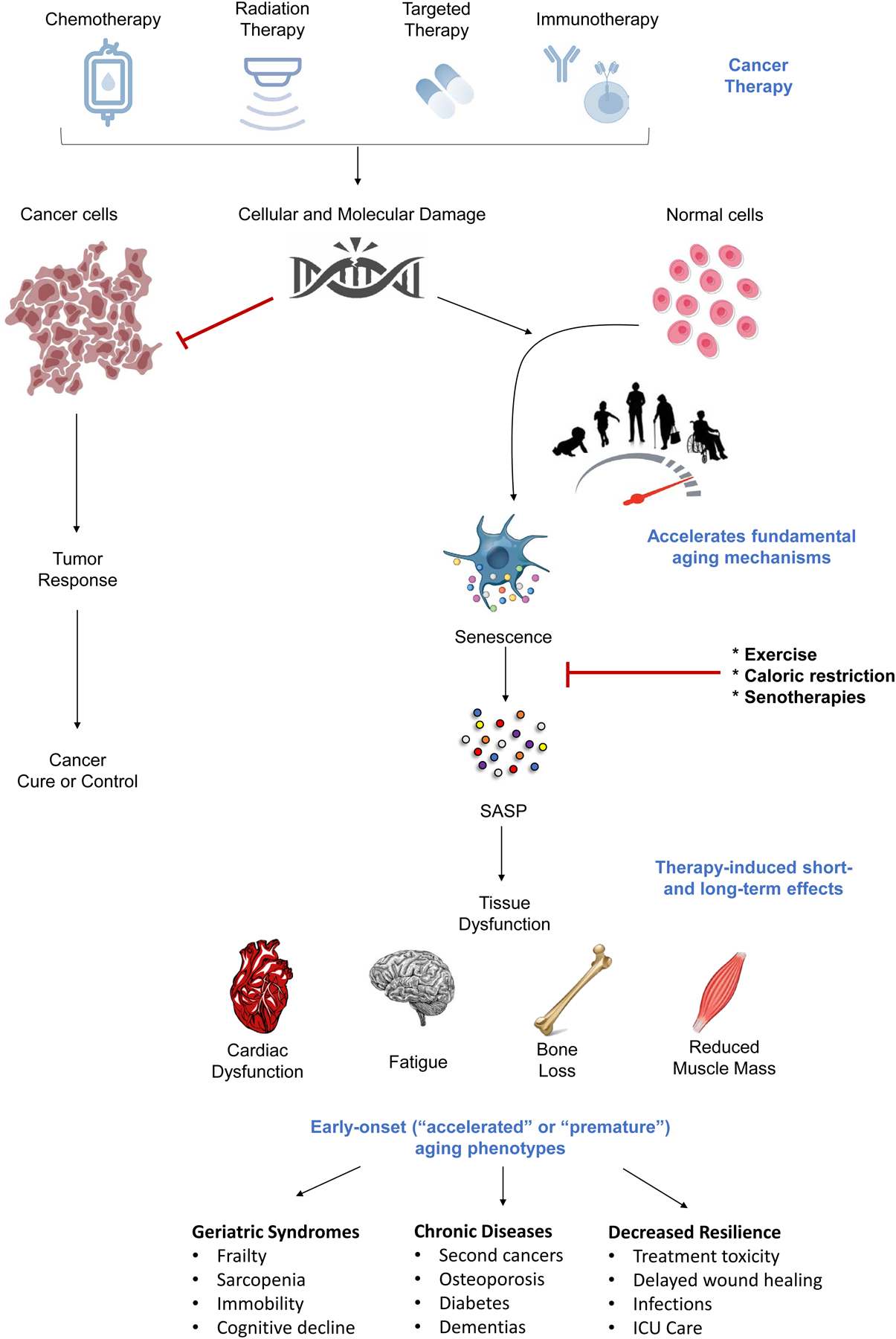Figure 1. Cancer therapeutics directly impact fundamental aging mechanisms.

Cancer therapy is effective in inhibiting cancer progression but can induce accelerated or premature cellular aging in normal cells. Cancer therapy (e.g., chemotherapy) leads to cancer cell death. Cancer therapy also causes damage to normal cells through many of the same mechanisms that are thought to underlie the fundamental biological aging process (e.g., cellular senescence). Senescent cells can secrete a collection of proinflammatory factors collectively termed the senescence-associated secretory phenotype (SASP). SASP factors drive tissue dysfunction and can contribute to many of short- and long-term cancer treatment side effects, including cardiac dysfunction, fatigue, bone loss, and physical decline. The accumulation and persistence of therapy-induced senescent cells can promote the early onset of various age-related syndromes, chronic health conditions, and decreased resilience, suggesting an accelerated aging state. Exercise, diet, and pharmacological interventions (e.g., senotherapies) that can eliminate senescent cells or inhibit SASP production may alleviate these negative effects and represent novel strategies to prevent, mitigate, or reverse the adverse aging process-related effects of cancer treatments.
